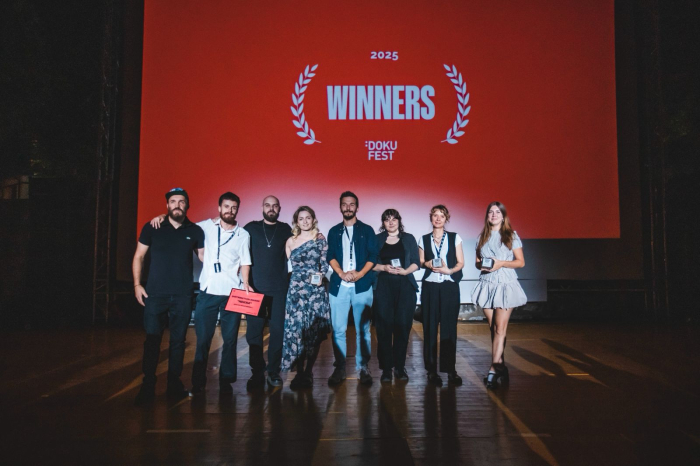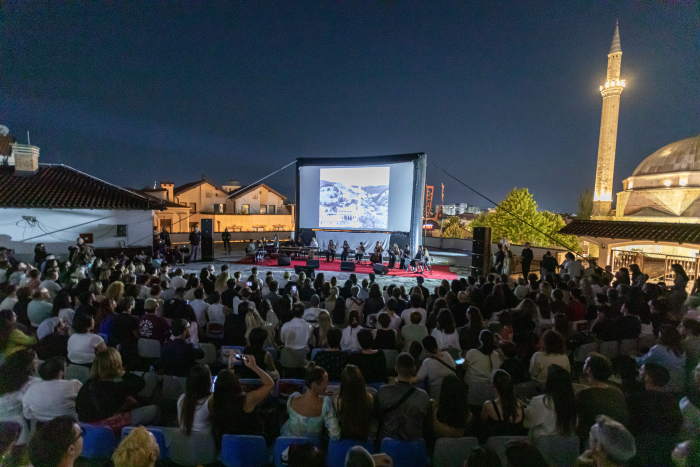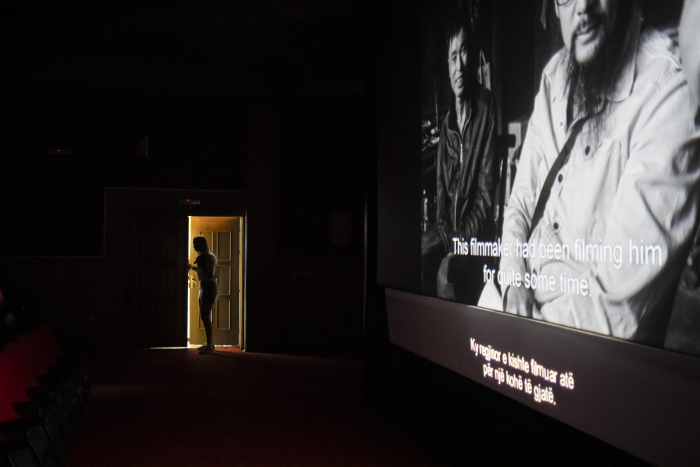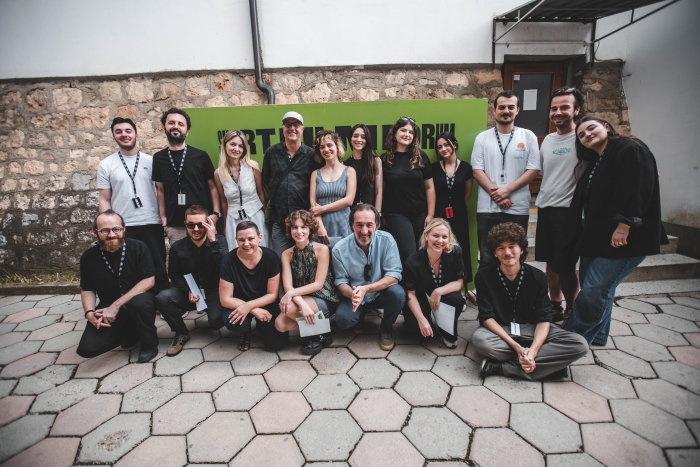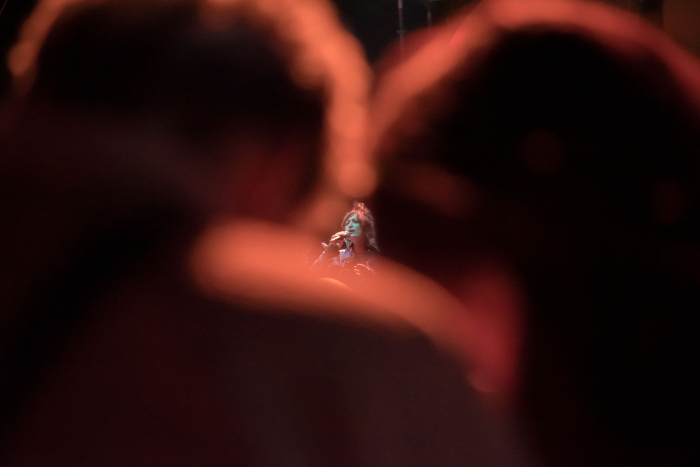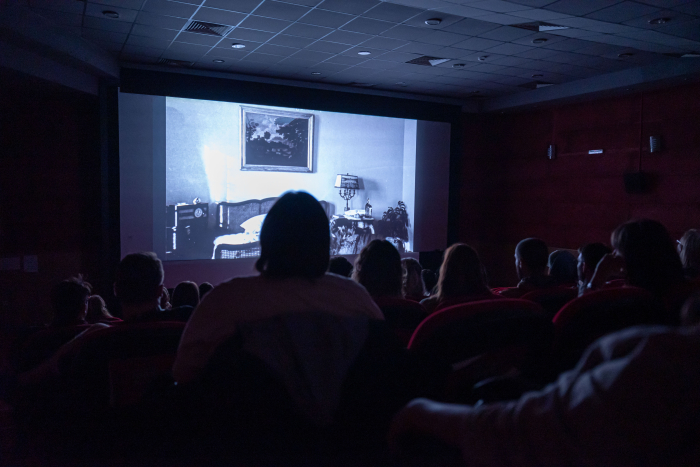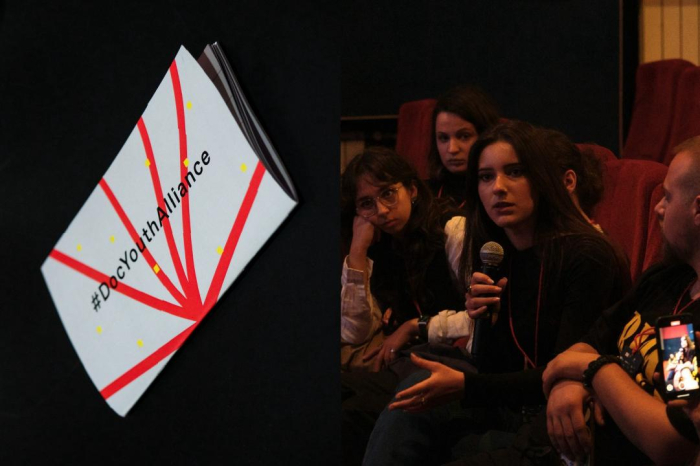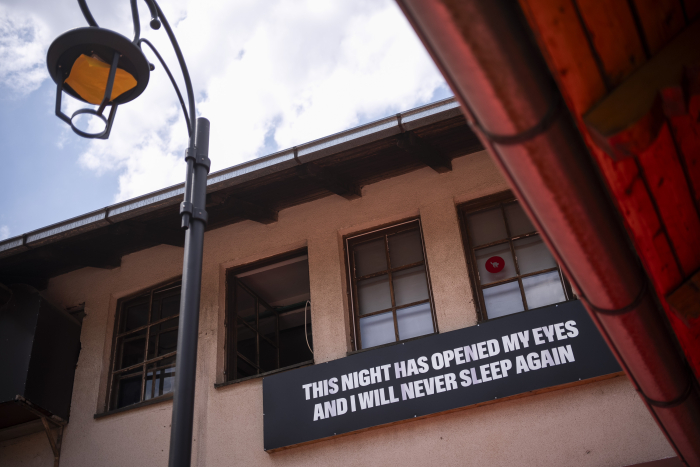August 2, 2019
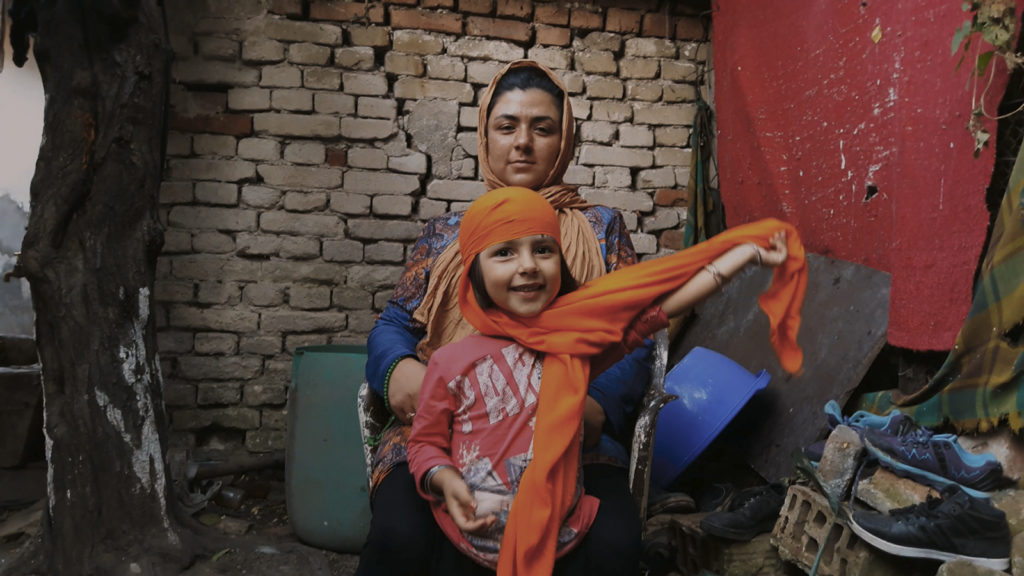
Hassan Fazili’s Midnight Traveler (2019) begins with content most audiences could identify with; family trips to the park, the zoo and giggling children. As the film progresses it’s revealed in increments how parents, Fazili and wife Fatima Hossaini, are trying to protect their children from the harsh realities of war and seeking asylum. Audiences will be impressed by the resilience and optimism of their children, Nargis and Zahra, who are both under 10 years of age. However, they are not immune to despair, as their initially animated faces begin to fade.
Shot on three mobiles phones, the film has a home-movie quality that humanises a global crisis. As the family moves through the Middle East and the Balkans, reactions to the Fazili’s oscillate from indifference to hostility and outright violence. The eldest of the two daughters, Nargis, criticises her father’s literature. “Hell is other people,” she reads, “I don’t think that’s correct …the road of life winds through hell. And also: hell is in me.” This passage is not unique to the Fazili’s, it’s a part of human history that Fazili is able to document stylistically and empathetically.
The spontaneous yet intelligently shot compositions are the result of this being a family of filmmakers. Fazili’s 2014 film Peace in Afghanistan, is what lead the Taliban to put a bounty on his head. Hossaini is an accomplished filmmaker in her own right, and Nargis has acting experience. Their gaze, materialised by the way in which they shoot, creates a stark contrast with publicly available new sources.

